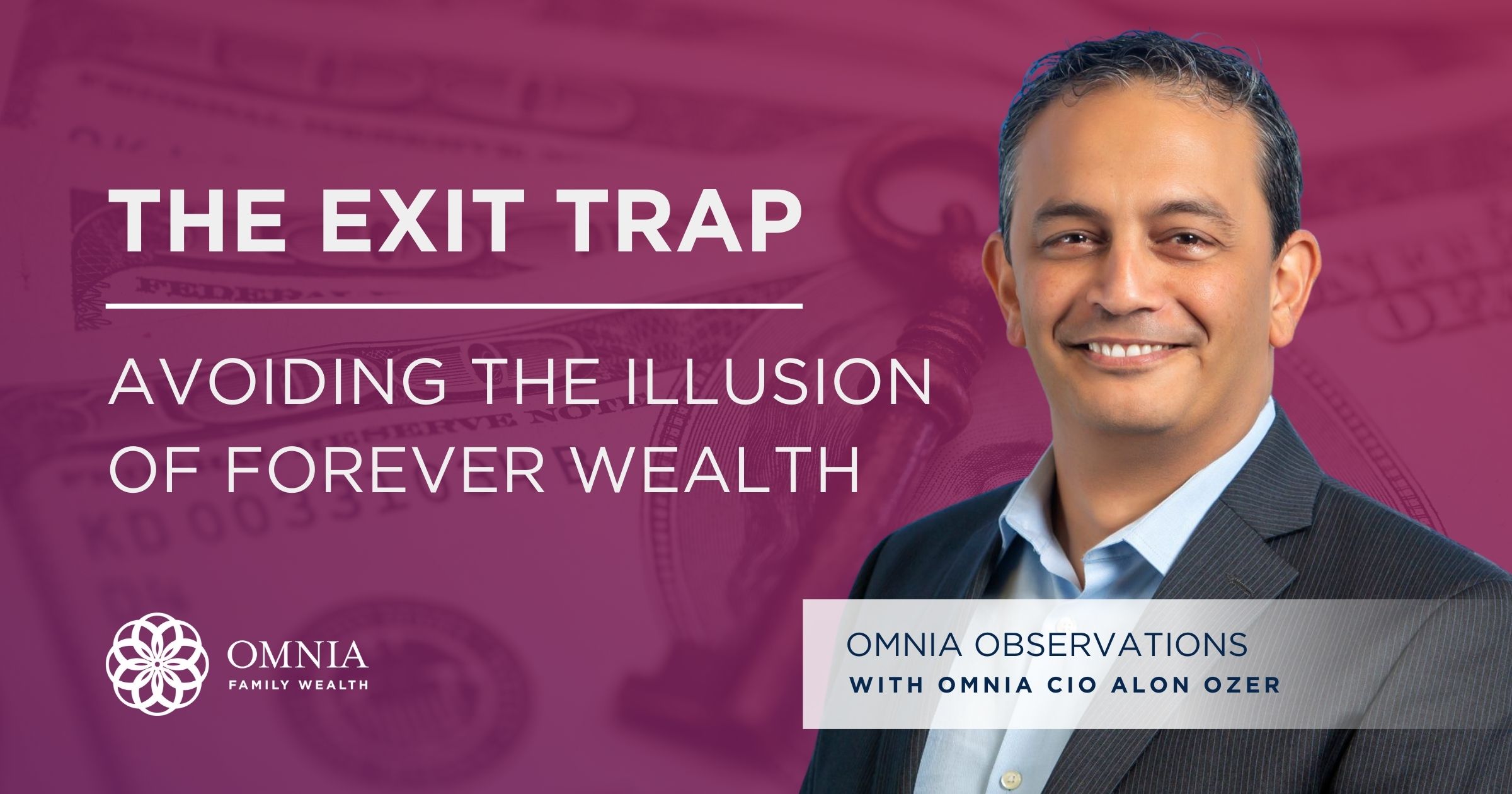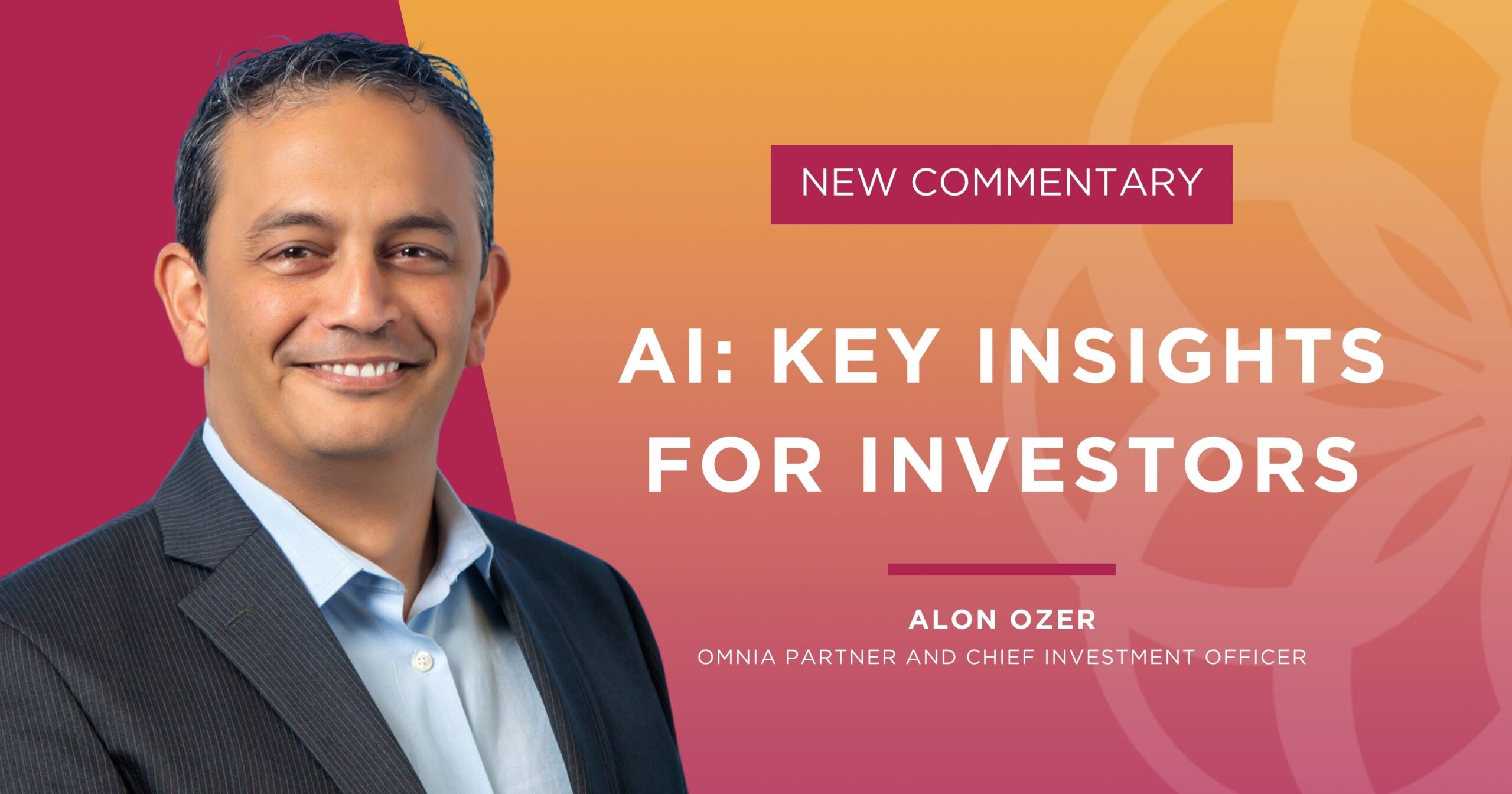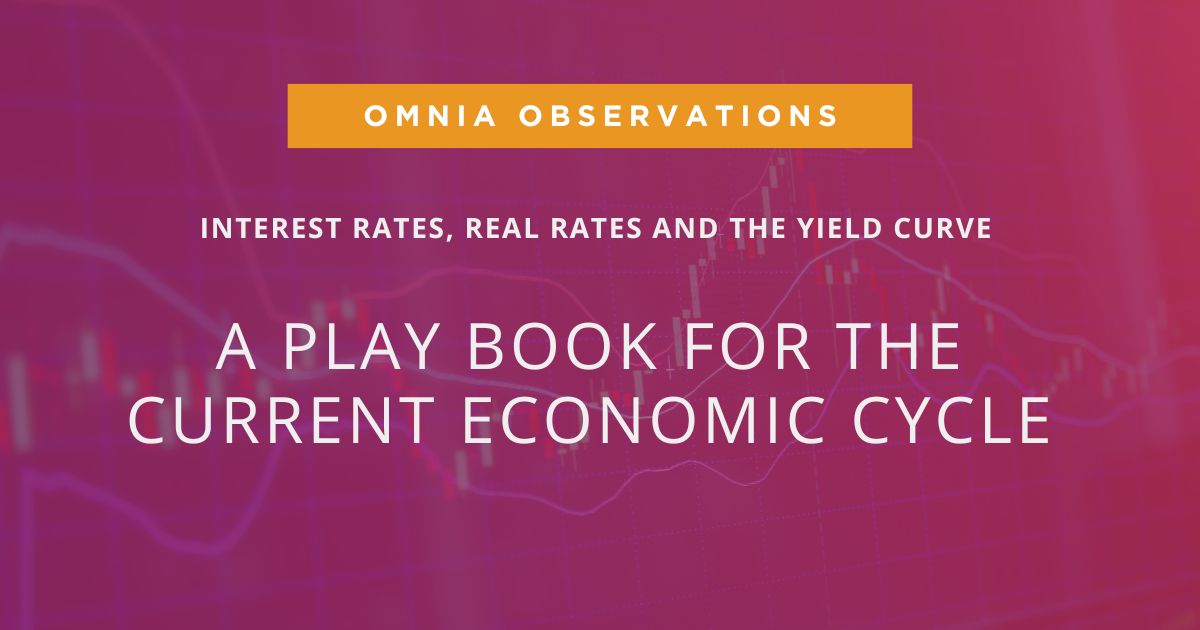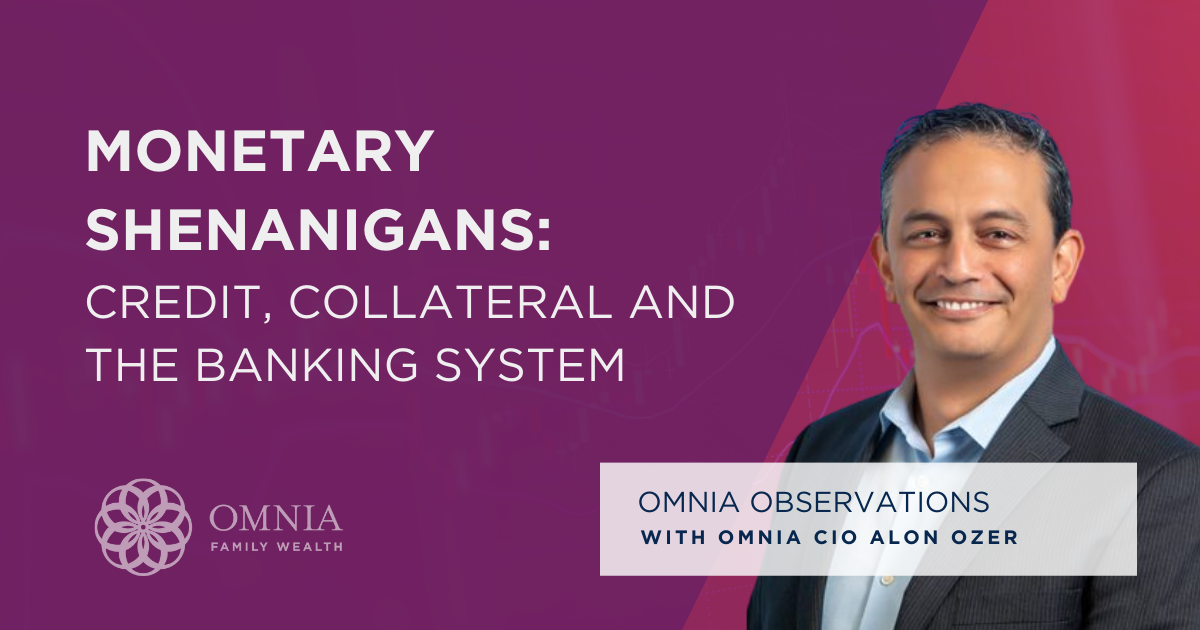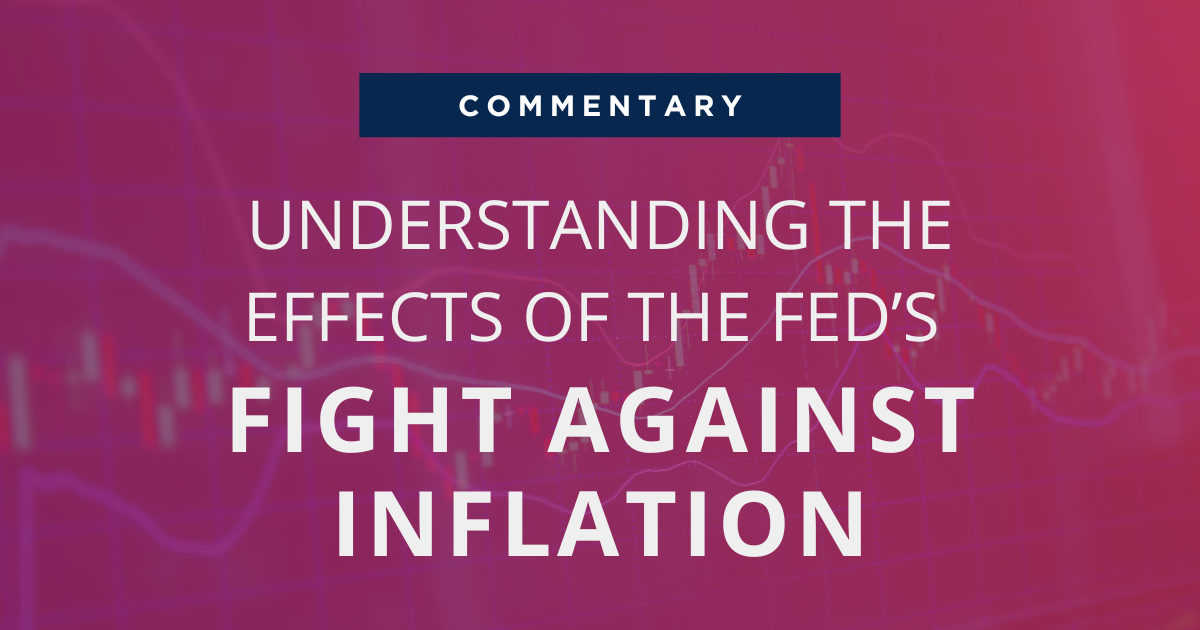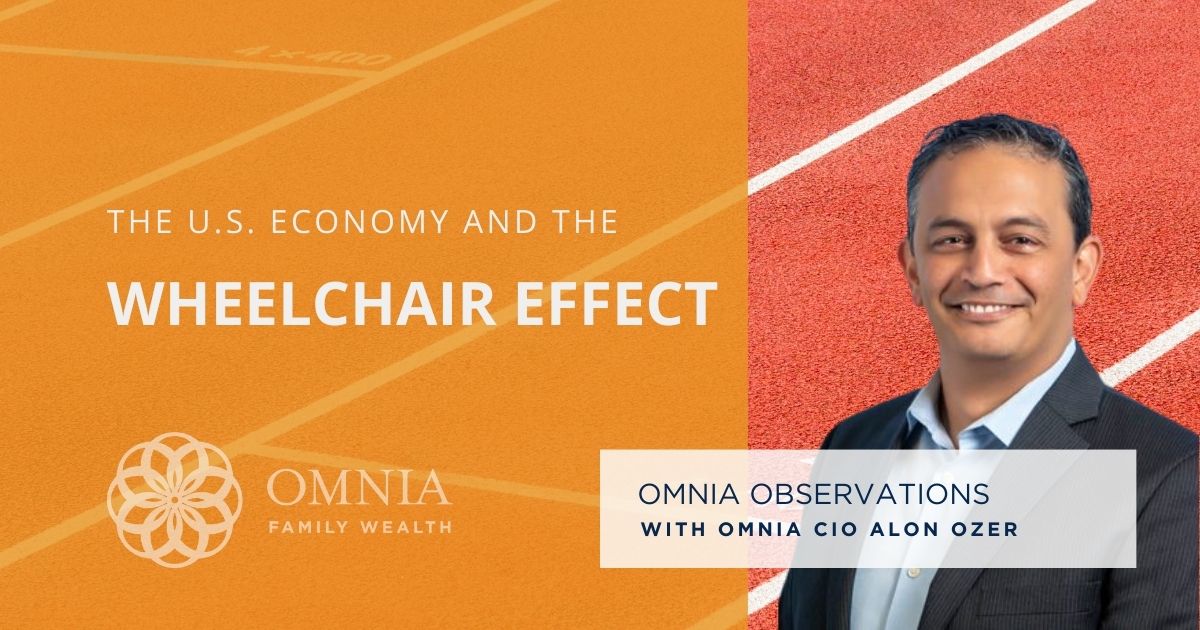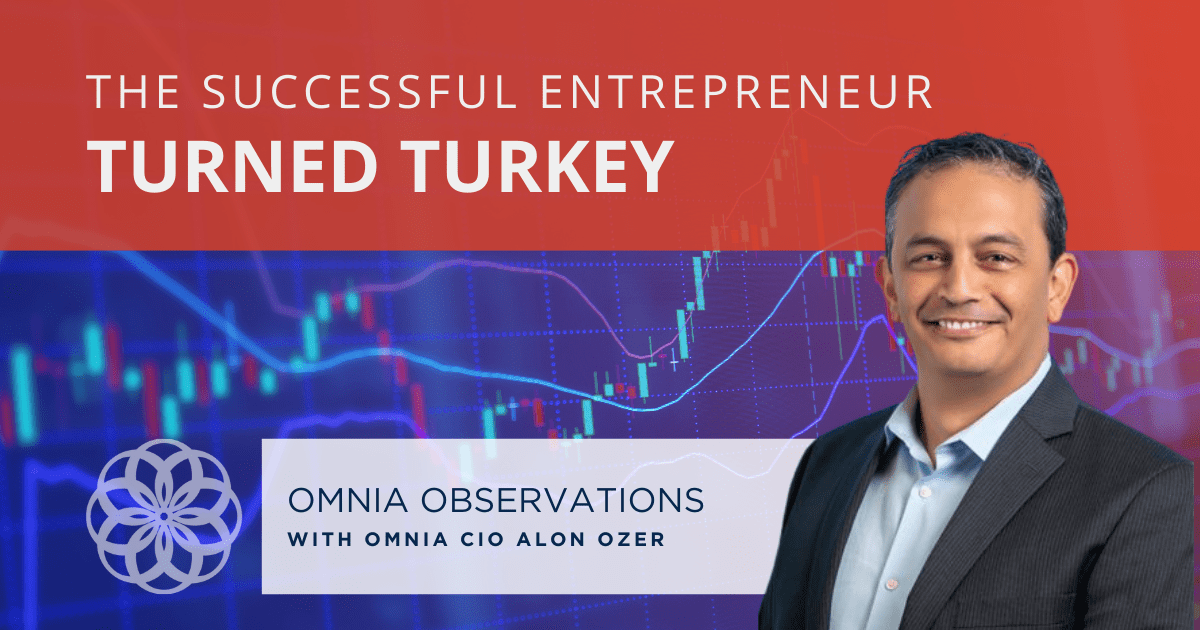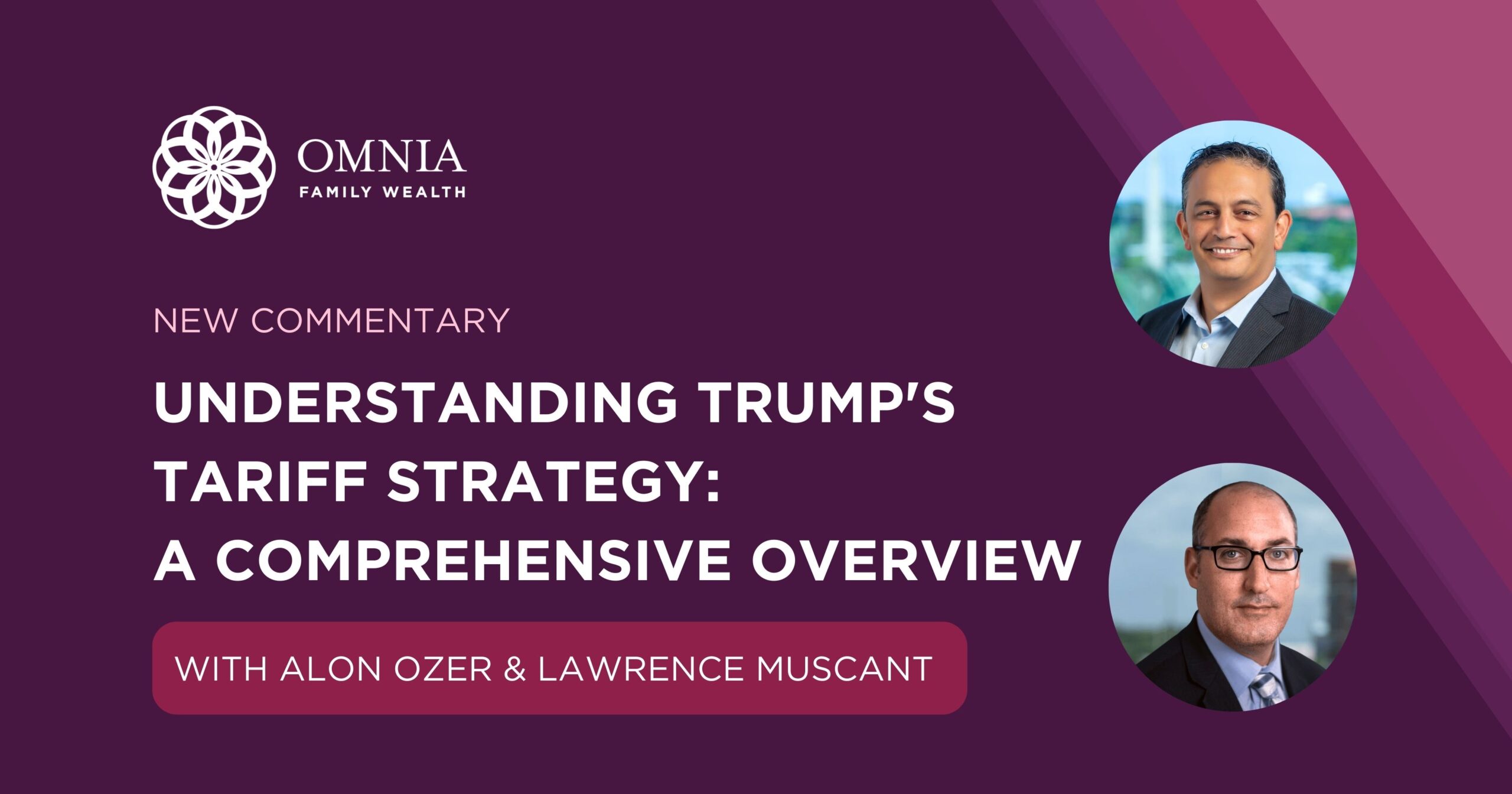
The Risk of a Depression Exists But We Can Avoid It
I was recently asked by NBC News if we are heading into a depression, and even a month ago I wouldn’t have thought my answer would be “we could be, if we do not act now.”
Depression is a very strong word and I don’t use it lightly. Depression is not just an economic event like a recession, which is part of a normal economic cycle. Depressions are generally a result of a major event such as war or, yes, a global epidemic. A depression creates devastation and desperation and presents the risk that a country will never be the same country it once was.
During the 1929 economic crisis, industrial production in the USA was cut in half, the unemployment rate rose to 25% (and in some cities unemployment rate was 80%-90%), home prices plummeted, and GDP dropped by 30%. And once people lost confidence in the economy, and then in the banking system, it was impossible to stop the snowball. The financial system collapsed, and 9,000 banks failed. Ultimately, it took the massive stimulus of World War II production to pull the American economy out of the crisis.
A depression could also have major political implications. We saw this in Russia when Stalin was elected in 1936 and again in 1946. In his reelection speech, Stalin blamed capitalism for World War II. It was especially the case in Central and Eastern Europe, where it caused the rise of right-wing, authoritarian fascist parties in Germany (the Nazi party in 1932) and Austria (the Fatherland front party in 1938), who then found the Jews the easiest target to blame for the economic crises and incited hatred against them, which led to the Holocaust.
Are We Heading Into a Depression?
We see today some similarities to the root causes of the Great Depression, like the burst of a bubble in the stock market, zero interest rates, a lot of debt, income inequality and the trade war (The Smoot-Hawley Act of 1930). On the other hand, we see aggressive and unprecedented actions by the Fed, while in the Great Depression, the Fed’s inaction was one of the reasons the recession turned into a depression. We also have the government unleashing a massive fiscal stimulus and directly supporting businesses and their employees.
But this situation is “unique.” What’s really troubling me is how fast everything is happening; the speed of it is staggering. There is plenty of negative economic data. Within less than a month, the world simultaneously went from growth into recession, unemployment more than doubled, and consumption and industrial activity collapsed. This is the first time since the Great Depression that the risk of another depression is real.
Can We Avoid a Depression?
Yes. In the time of the Great Depression, the election of Roosevelt as president gave hope to many Americans. In 1933, he launched the “The New Deal” (and in 1935 the “Second New Deal”) which had two main parts, the first one was a monetary policy, with the goal of saving and rebuilding the banking industry (the president asked Americans to put their money back in the banking system and within a few weeks, 75% of Americans had done so). The second step was a fiscal policy where the federal government increased its spending to stimulate the economy and create jobs.
Unavoidable Pain
First, we have to remember that as part of a normal economic cycle, we are going to see a drop in asset prices and debt written off and restructured, effectively removing the excess supply from the previous growth cycle. This process will actually help us “clean” the financial system.
Immediate Action
In the very short term, whether we fall into a depression all depends on how long the virus lasts, how long the economy stays shut down, and the magnitude and the speed of the monetary and fiscal emergency policies. The government needs to be ready to spend whatever it takes to avoid a depression. Tax revenues are going to collapse, and unemployment insurance is going to surge. The Fed needs to be ready to fully monetize the fiscal policy.
Opening the Economy
A lot of the damage done to the economy is self-imposed and had to be done in order to stop the spread of the virus. But the economic damage increases by the day. We need to push for progress medically and at the same time, we need to have a sensible plan and a timeline for reopening the important parts of the economy.
We Must Invest for the Long Term
I believe we will see a fiscal stimulus of closer to $5 trillion if not more. The budget deficit isn’t playing a role in such a situation (the problem should have been addressed years ago) and the debt-to-GDP ratio will surpass the last record we had during WWII.
I think that as part of the fiscal policy, the USA needs to invest trillions of dollars in new technologies (compensating for years of under-investment). When the Soviet Union launched the world’s first satellite in 1957, the US response was creating NASA! In 1958! Today we should act the same and invest in quantum computing, artificial intelligence, biotech, nanotech, agriculture technologies, green energy and robotics.
The government can fund a new initiatives like the successful Yozmapublic-private partnership program that Israel created in the early 1990s to generate billions of extra tax revenues and profits for investors over the years. This is also the only realistic solution to fix our deficit problems in the long run: we need to invest in producing technologies that will improve American’s lives and keep America a leading technology power.
Leadership
Just like in a large-scale military operation, the government has to lead and pull Americans forward in the fight against the pandemic, with a clear, united vision and instructions. The shortage of protective masks and virus tests goes back to 2002, when China became a member of the World Trade Organization and US corporations (and government agencies) started offshoring critical production lines such as antibiotics! These are now national security issues that must be addressed!
Click here to download the article.
Important Information
Omnia Family Wealth, LLC (“Omnia”), a multi-family office, is a registered investment advisor with the SEC. This commentary is provided for educational and informational purposes only. It does not take into account any investor’s particular investment objectives, strategies, tax status, or investment horizon. No portion of any statement included herein is to be construed as a solicitation to the rendering of personalized investment advice nor an offer to buy or sell a security through this communication. Consult with an accountant or attorney regarding individual tax or legal advice.
Advisory services are only offered to clients or prospective clients where Omnia Family Wealth and its representatives are properly licensed or exempt from licensure. Information in this message is for the intended recipient[s] only. Please visit our website https://omniawealth.com for important disclosures.
This content is provided for informational purposes only and is not intended as a recommendation to invest in any particular asset class or strategy or as a promise of future performance. References to future returns are not promises or even estimates of actual returns a client portfolio may achieve.
The views expressed herein are the view of Omnia only through the date of this report and are subject to change based on market or other conditions. All information has been obtained from sources believed to be reliable, but its accuracy is not guaranteed. Omnia has not conducted an independent verification of the data. The information herein may include inaccuracies or typographical errors. Due to various factors, including the inherent possibility of human or mechanical error, the accuracy, completeness, timeliness and correct sequencing of such information and the results obtained from its use are not guaranteed by Omnia. No representation, warranty, or undertaking, express or implied, is given as to the accuracy or completeness of the information or opinions contained in this report. This report is not an advertisement. It is being distributed for informational and discussion purposes only. Omnia shall not be responsible for investment decisions, damages, or other losses resulting from the use of the information. This report is not intended for public use or distribution. The information contained herein is confidential commercial or financial information, the disclosure of which would cause substantial competitive harm to you, Omnia, or the person or entity from whom the information was obtained, and may not be disclosed except as required by applicable law.
Statements that are non-factual in nature, including opinions, projections, and estimates, assume certain economic conditions and industry developments and constitute only current opinions that are subject to change without notice. Further, all information, including opinions and facts expressed herein are current as of the date appearing in this report and is subject to change without notice. Unless otherwise indicated, dates indicated by the name of a month and a year are the end of the month.

